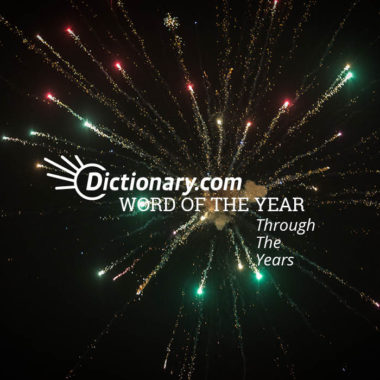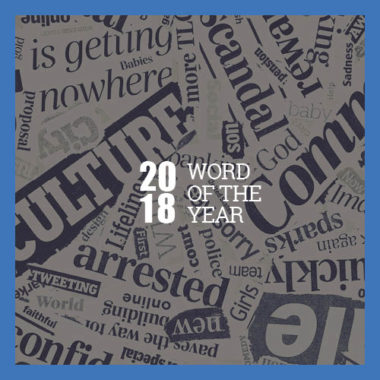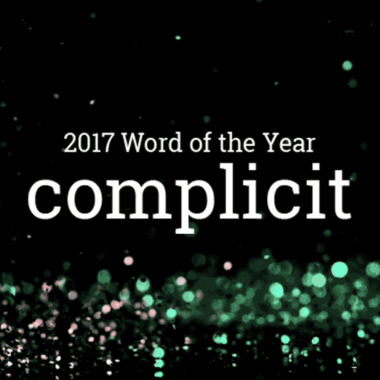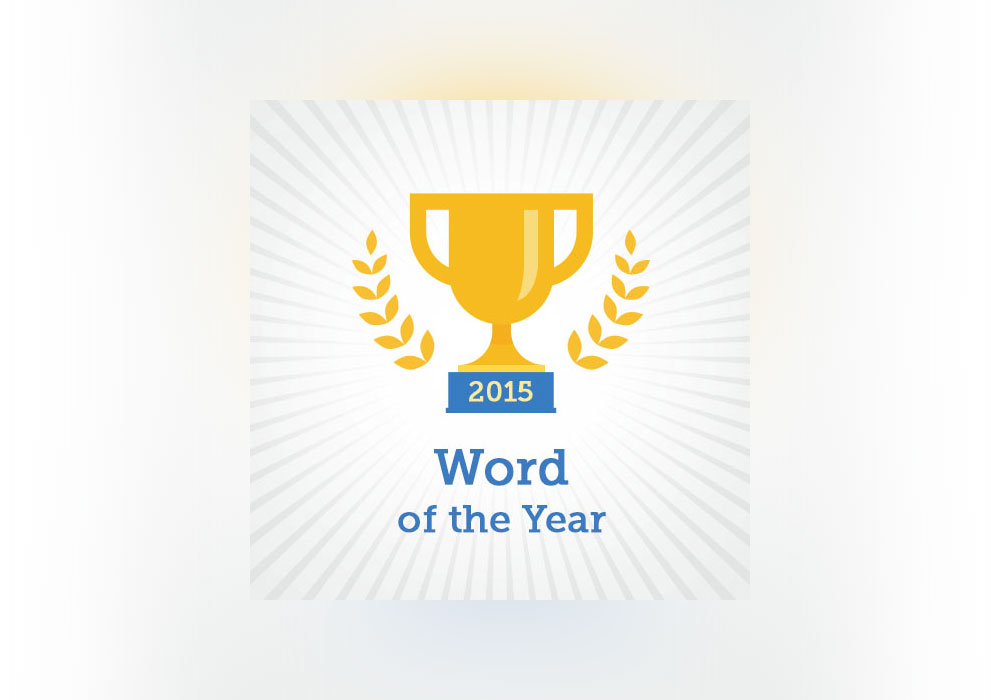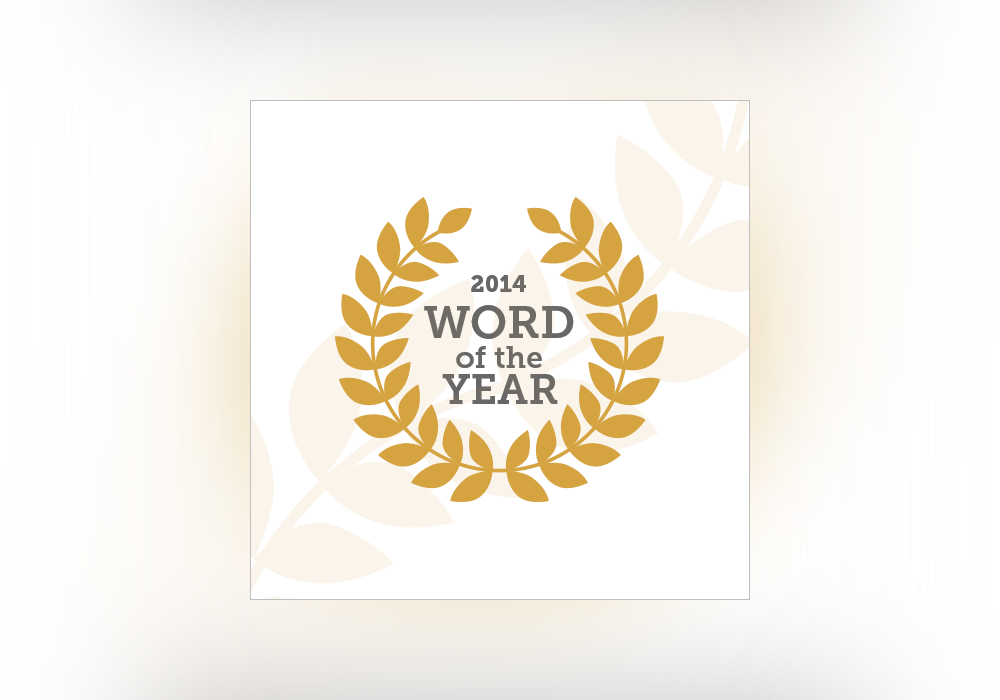Why “Existential” Was Dictionary.com’s 2019 Word Of The Year
From existential threats to existential choices “I’m trash!” was the insistent cry of Forky, the googly-eyed spork whose struggle to be a toy was at the heart of the summer blockbuster Toy Story 4. Forky’s plight was entertaining, yes, but it also resonated with a deeper sentiment—and word—that defined so much of 2019. We know what you must be thinking: Forky? The dictionary? 2019? Well, …

